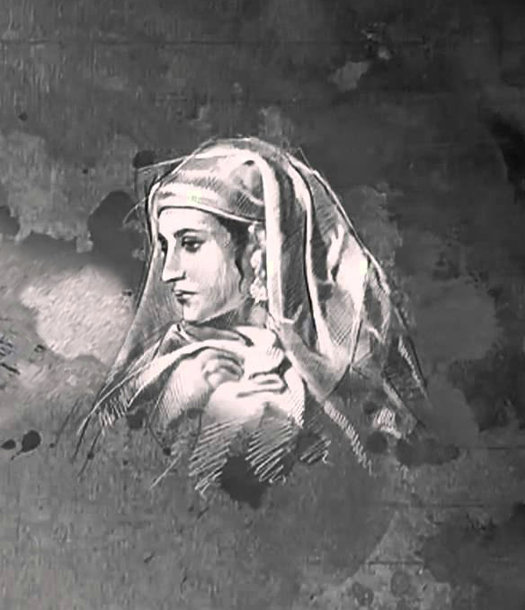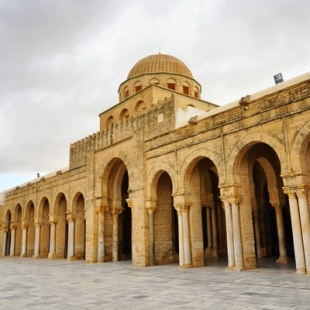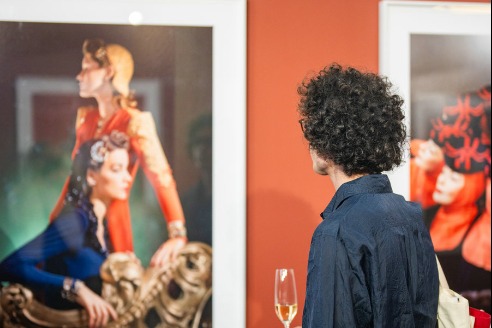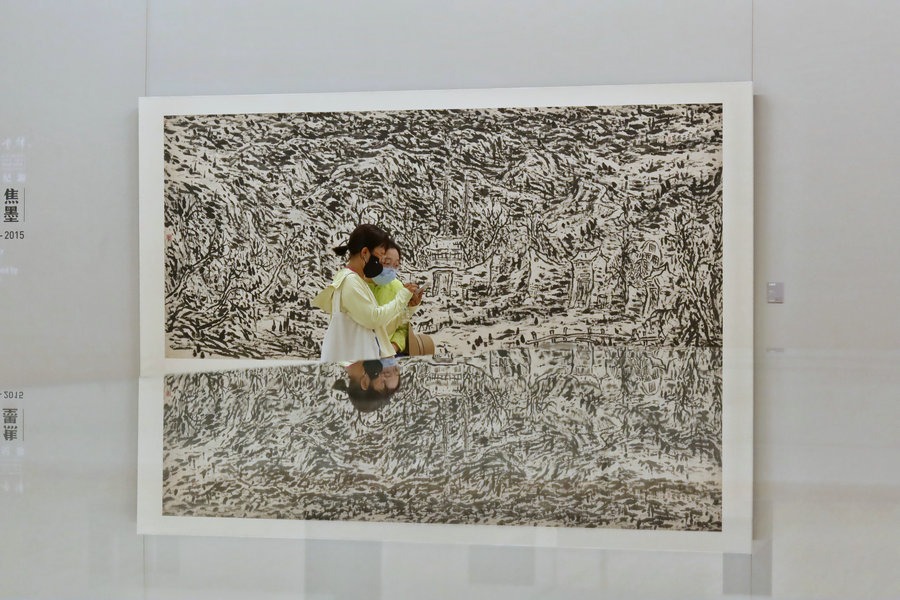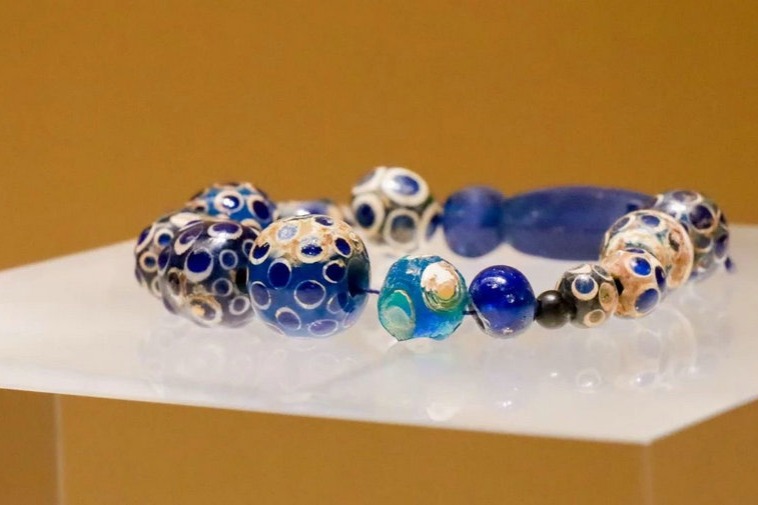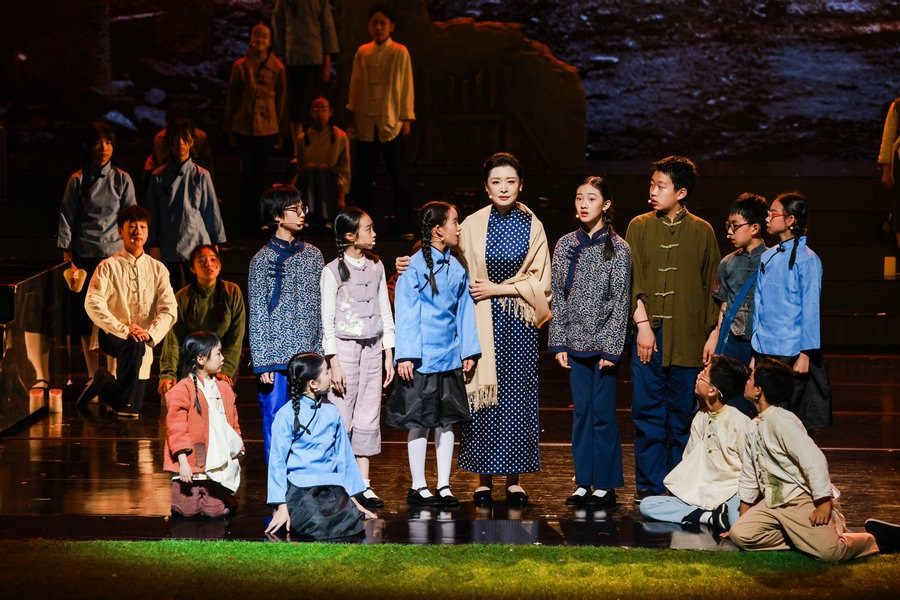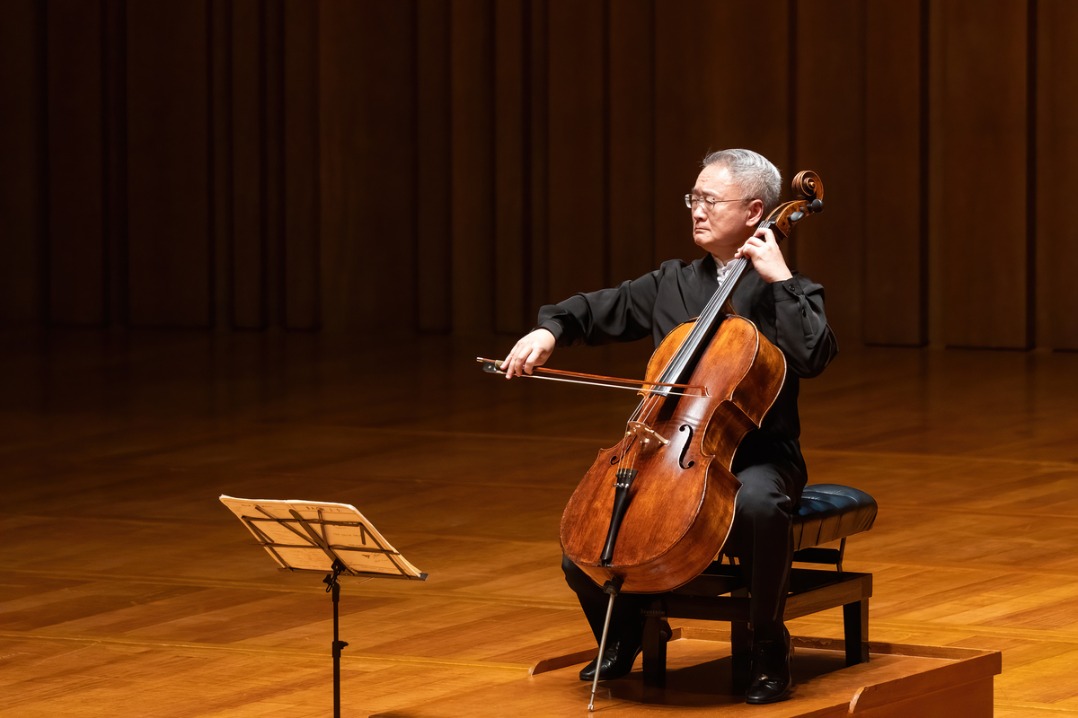Tunisian ambassador to China: Tunisia a cultural bridge between China and the Arab world

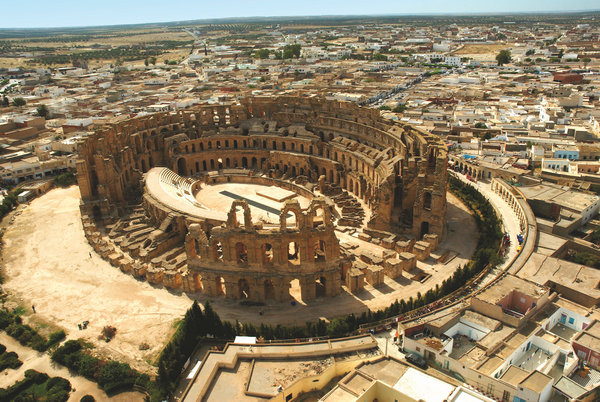
What are the main contributions of Tunisia to the Mediterranean civilization or the global civilization?
Mediterranean Civilization Contributions
Tunisia's strategic position in the Mediterranean made it a crossroads of civilizations, fostering cultural and economic exchanges. As a hub for Phoenician, Roman, and Islamic empires, it contributed architectural marvels like the El Djem amphitheater (a Roman legacy) and preserved Carthage's heritage, a Phoenician-founded city-state that dominated Mediterranean trade. During the medieval period, Tunisia became a center of the Islamic Mediterranean world, linking North Africa, Europe, and the Middle East through trade and scholarship. Its coastal geography facilitated maritime networks, reinforcing its role as a bridge between cultures.
Global Civilization Contributions
Tunisia's influence extended globally through trade routes connecting the Mediterranean to sub-Saharan Africa and Asia. Carthage, as a Phoenician outpost, pioneered trans-Mediterranean commerce, spreading technologies and ideas. Starting from the 7th century, the Arabs introduced Islam in the region and advanced sciences, with Tunisian cities like Kairouan becoming centers of learning, contributing to global Islamic civilization. Additionally, Tunisia's participation in UNESCO-led cultural preservation efforts highlights its role in safeguarding shared human heritage, emphasizing its global cultural diplomacy. These contributions underscore Tunisia's historical role as both a mediator and innovator in cross-continental exchanges.
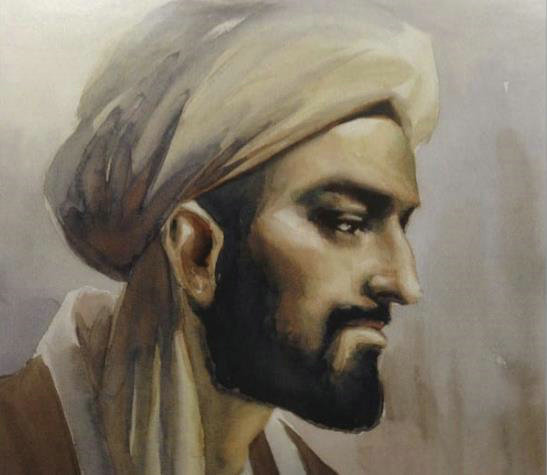
Furthermore, a great number of enlightened thinkers coming from Tunisia contributed by their ideas to the progress of human civilization. Among these personalities, Ibn Khaldun, a Tunisian Arab Islamic scholar, historian, philosopher, and sociologist. He was widely regarded as a foundational figure in the fields of sociology and history, who lived between the 14th and 15th centuries. Another worth-mentioning personality is Fatima Al-Fihriya, who was born in Kairouan (Tunisia) in 800 and moved to Fez in 857. She was a pious and visionary figure, who emphasized accessible education, particularly for women, and created "Al-Qarawiyyin University" (University of Kairouan's People) in Fez, that is one of the first universities worldwide. This institution became a hub of human sciences, history, and Arab-Islamic culture.
